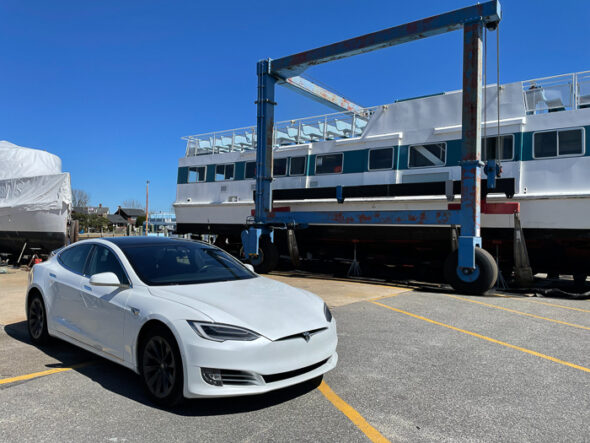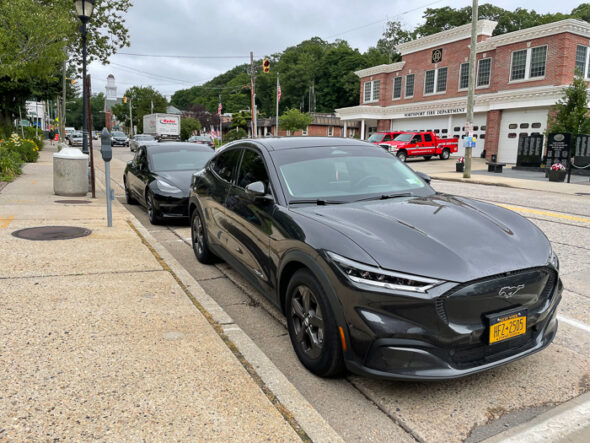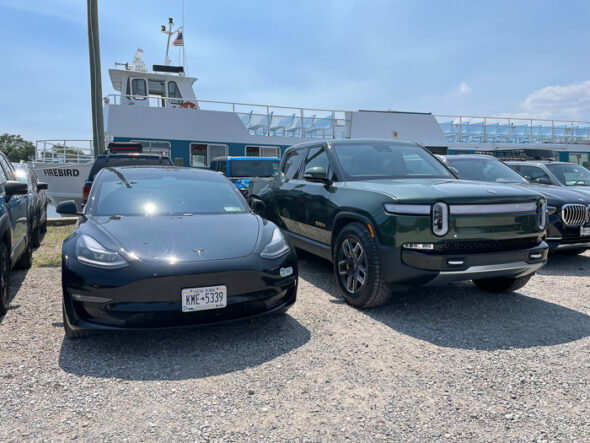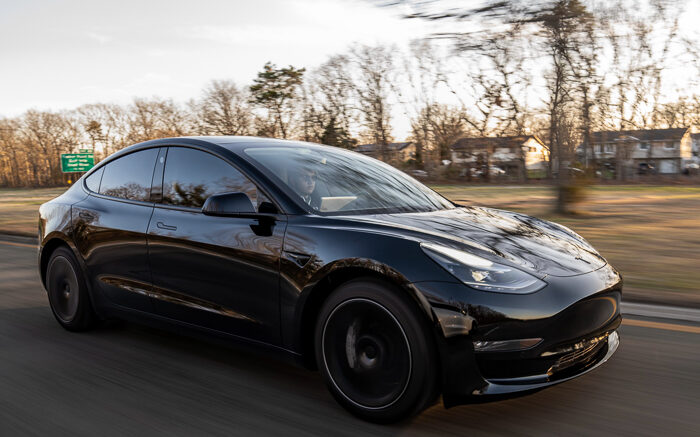By Gabe Spathelf
From the heart of Silicon Valley to the bustling streets of Beijing, electric vehicles have emerged as powerful symbols of environmental progress. Not only do they promise reduced carbon dioxide emissions, but they also offer a vision of an urban landscape devoid of the noise and air pollution associated with internal combustion engines.
Such a vision was further sustained by the Biden administration’s enthusiastic support for electric vehicle initiatives, marking the United States’ formal commitment to a greener trajectory.
Yet, as with any transformative technology, the framework that has promoted and encouraged innovation is both promising and paradoxical. On one hand, these initiatives indicate a promising future of environmental sustainability; on the other, they pose a series of pressing questions about their true environmental impact, socio-economic ramifications, and ethical dimensions of their global supply chain and corporate-political interconnectedness.
The promotion of more sustainable technologies in this Electronic Vehicle (EV) market has created a surge of new purchases, with EV sales increasing around 50% between 2022-2023, and EV sales also making up about 8% of new cars nationwide.
While growth in EV manufacturing suggests the possibility of a greener future, the intentions and motivations of this push are more sinister than expected, driven by the greed of corporate America.

A greener future?
While EVs may not emit as many greenhouse gases during operation, the processes behind their creation – and the very elements that power them – present an intricate web of environmental and ethical challenges.
The trans-national race for lithium has resulted in a complex maze of socio-economic and environmental concerns. Developing nations, with rich deposits of this precious mineral, become hotspots for mining, often at the expense of their vulnerable populations.
According to investigative journalist Michael Penke, the extraction process has led to severe health issues in communities situated near these mines, with reported cases ranging from osteoporosis to chronic chest problems.
The toll on these communities thus goes beyond mere statistics. Real people’s lives are disrupted, and entire ecosystems are under threat, all for the sake of having an innovative vehicle with the words “Electric” printed across it.
Previously untouched regions, such as Baotou City, Mongolia, now showcase the considerable environmental impact of mining activities, affecting both the local ecosystems and species inhabiting them.
What was once a habitat teeming with diverse species has been transformed into an area marked by poisonous lakes. These toxic waters, a direct result of active mining, have led to the death of hundreds of fish and other aquatic creatures. Penke describes the lakes as:
“devoid of any life”, thus marking “the transition from a vibrant habitat to an inhospitable environment indicating severe environmental costs associated with progress”.
The repercussions of lithium extraction extend beyond environmental issues as the industry is also marred by concerns regarding human rights and worker safety, often ignoring the principles of human decency in the pursuit of production goals.
Gunther Hilpert, the Head of the Asia Research Division for the German Institute for International and Security Affairs, states quite candidly that certain regions prioritize revenue over human life:
“China, for example, has never really cared about human rights when it comes to achieving production targets.”.vii
This is not to mention the consistent pollution of water systems in certain communities from the millions of gallons of water used to efficiently mine lithium. These projects have horribly deteriorated the quality of life and life expectancies of these communities, primarily impoverished areas in China, Africa, Bolivia, and Argentinaviii, showing that progress for some translates to suffering for others.
The quality of life experienced by most Americans, in many ways, is not possible without the manipulation and pillaging of these lesser valued nations. Lithium is a precious resource that allows us to have electronics like smart phones and computers, while also giving us new age motor vehicles.
In living a life of such luxury compared to many others around the world, most Americans likely may find it easy to forget about the trans-national atrocities taking place.

Coal to kilowatts
EVs still depend on an energy grid that is not entirely green. Ideally, every EV charging station would rely on renewable energy sources, however, coal remains a significant component of the U.S. power grid, casting a shadow on the purported environmental benefits of electric vehicles.
This is highlighted by a statement from a General Motors spokesperson, who acknowledged the continuing reliance on coal when asked what fuel GM’s power grid runs on, exclaiming that their grid and EV chargers were 95% powered by coal.
Even Tesla was guilty of using coal and diesel to power charging stations, which was conceded in a statement that their advertised emission savings fail to consider the emissions incurred in the production and charging of EVs.
The grand narrative surrounding EVs often overshadows a crucial detail: U.S. automobile emissions account for less than 2.8% of the global total. While every bit counts in the battle against climate change, it’s pivotal to understand that motor vehicles are one of the smallest contributors.
The US only makes up around 15% of global emissions, with automobiles only making up 2.8% of total US emissions.
This suggests that electric vehicles in the US are being marketed on the possibility of repairing 0.42% of global emissions; and this figure would only be accurate if EVs were 100% environmentally friendly.
With EVs still producing half the carbon emissions of ICE vehicles, this number looks more like 0.21%.

We are so concerned about the beauty of electric vehicles, that we are avoiding the true intentions of corporate America and their manipulation of such a commercialized society. But pushing initiatives to transition to EVs truly benefit the wealthiest men in the world like Elon Musk.
There is still such large-scale environmental damage occurring due to EV production, but we have been convinced as a society to believe in the narrative that will only make the rich richer. Biden wants 50% of American motor vehicles to be electric by 2030, which would create a massive vacuum for car companies to fill and make billions from.
That may be a more convincing motivator for corporate America to make a push for EVs, rather than fixing less only 1/500th of world emissions.
Since 2021, when Biden announced advocacy for a rise in EV sales, Tesla’s yearly revenue has almost doubled from 53.82 billion to 96.77. This is only two years of growth, and with environmental consciousness becoming more and more relevant, the financial motivations of vehicle manufacturers incite the toxic creation of EVs and may be the rich’s strategy to put the money before the environment.



Be the first to comment on "Electric vehicles-a promise or paradox?"